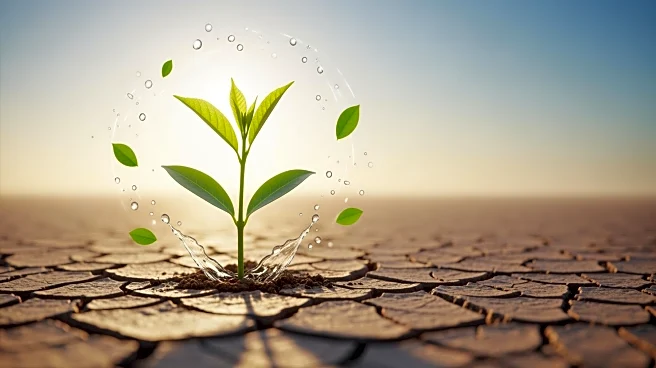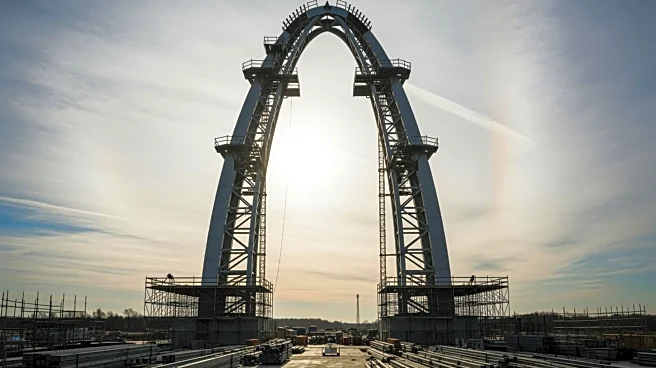What's Happening?
Eco-anxiety, a term describing the distress caused by climate change fears, is becoming increasingly prevalent. This condition, though not officially recognized as a disorder, is acknowledged by the American Psychological Association as a legitimate response to environmental threats. Individuals experiencing eco-anxiety report symptoms such as persistent worry about environmental disasters, difficulty sleeping, and changes in appetite. The condition is exacerbated by constant exposure to news about climate-related events, leading to feelings of helplessness and dread about the future.
Why It's Important?
The rise of eco-anxiety highlights the intersection between environmental issues and mental health. As climate change continues to dominate headlines, more people are experiencing stress and anxiety related to the planet's future. This trend underscores the need for mental health professionals to address climate-related anxiety and provide support for those affected. Additionally, eco-anxiety can motivate individuals to engage in environmentally friendly practices, potentially leading to positive changes in behavior and increased advocacy for climate action.
What's Next?
To manage eco-anxiety, individuals are encouraged to adopt proactive measures such as reducing carbon footprints and altering media consumption habits to avoid information overload. Mental health practitioners specializing in climate-related anxiety can offer tailored support to those struggling with the condition. As awareness of eco-anxiety grows, it may lead to broader discussions about the psychological impacts of climate change and the importance of integrating mental health considerations into environmental policy.









